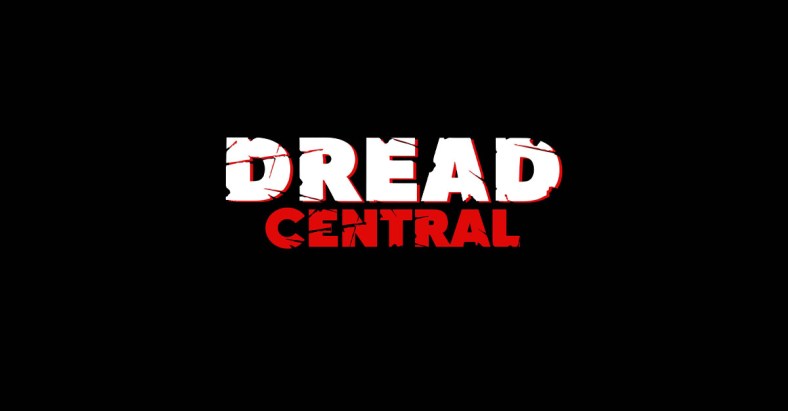Kaiju Film: A Critical Study of Cinema’s Biggest Monsters, The (Book)

 Written by Jason Barr
Written by Jason Barr
Published by McFarland
It is often the case that the “Kaiju” film is summarized as popcorn science-fiction fare which depicts beasts of a gargantuan scale committing acts of mass destruction for the sake of mindless entertainment and the occasional scare. But there’s more to them than giant monster feet crushing cities; yet, it’s very rare to find academic film studies highlighting the thought-provoking social commentary films of this ilk contain, let alone entire books.
With the exception of a select few landmark works, giant monster movies aren’t given the credit they deserve as a powerful cinematic metaphor reflective of the times – even if many of the ideas which spark their creation are born from real world issues.
Jason Barr’s The Kaiju Film: A Critical Study of Cinema’s Biggest Monsters is essential reading for both fans of the genre and those interested in film scholarship, as it aims to provide an in-depth analysis of these movies – and it succeeds. From seminal earlier films like King Kong and Godzilla to recent hits like Troll Hunter and Pacific Rim – as well as everything in between, the book provides an insightful examination of giant monster movies from across the globe, from their roots in folklore to the contemporary issues which inspired their creation.
To hearken back to a previous point, the Kaiju film is often regarded as science-fiction. However, Barr argues against this case and goes into great detail explaining what makes them different from films rooted in sci-fi tropes. In doing so, he examines their fantasy elements, dating all the way back to folk tales from the Yokai creatures of Japan and even some of the creatures in the Bible (whether those are fables depends on your religious views, but there are some big ass monsters in the text nonetheless). If you’re interested in the folklore of other cultures and how it ties in to the creation of cinema, then you’ll find a lot of interesting reading within these pages.
The book also examines the various metaphors Kaiju films have represented throughout the years. From factors such as the advancement of nuclear power, to war, climate change, science and more, Barr provides a wide array of perspectives pertaining to the themes these films contain. Once you read it, you’ll undoubtedly want to revisit the bulk of them from a new perspective.
Overall, The Kaiju Film: A Critical Study of Cinema’s Biggest Monsters is a well-written, thoroughly researched book providing unique analysis of a genre that perhaps lacks respect in the grand scheme of things. Furthermore, Barr presents the information in a way that’s engaging to read; so if you’re worried about dense academic jargon, you need not to. In fact, if you’re passionate about these movies, I doubt you’ll be able to put it down – and even if you’re not, it might make you see them in a brand new light. All in all, highly recommended.
-
Book
Categorized:Reviews

